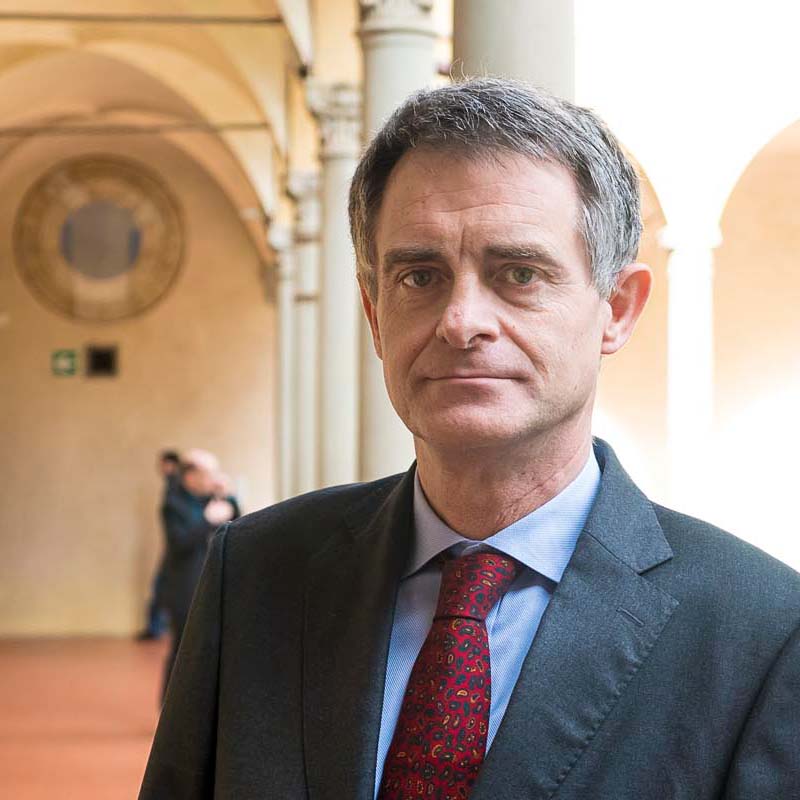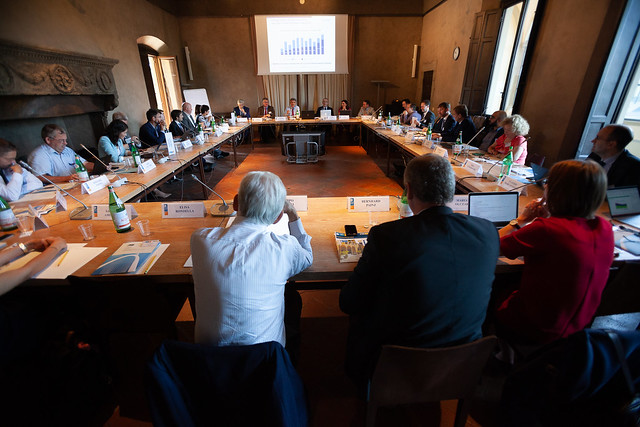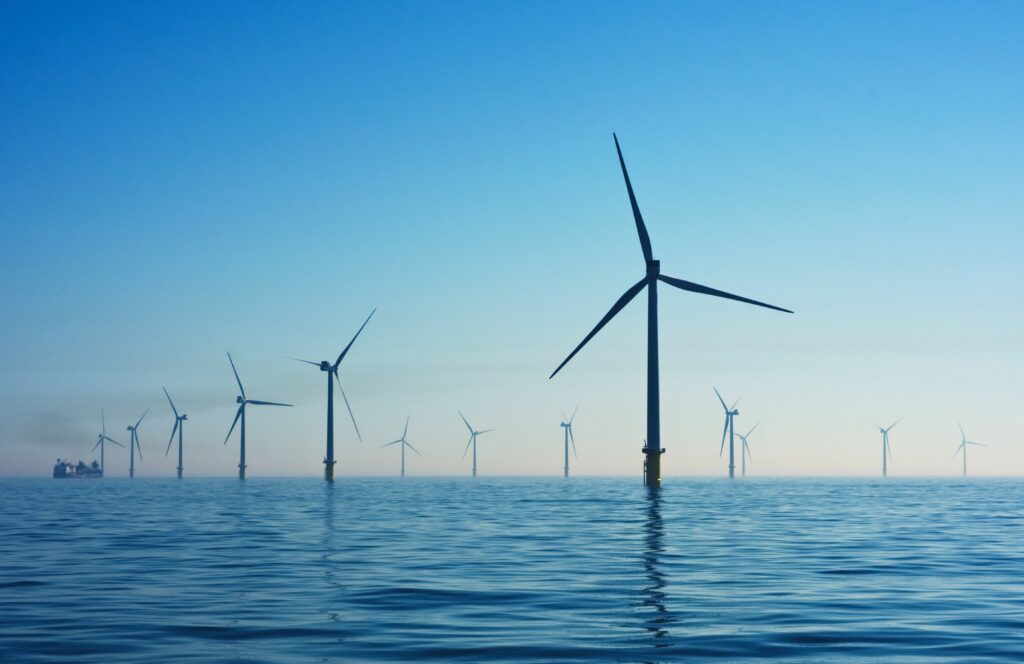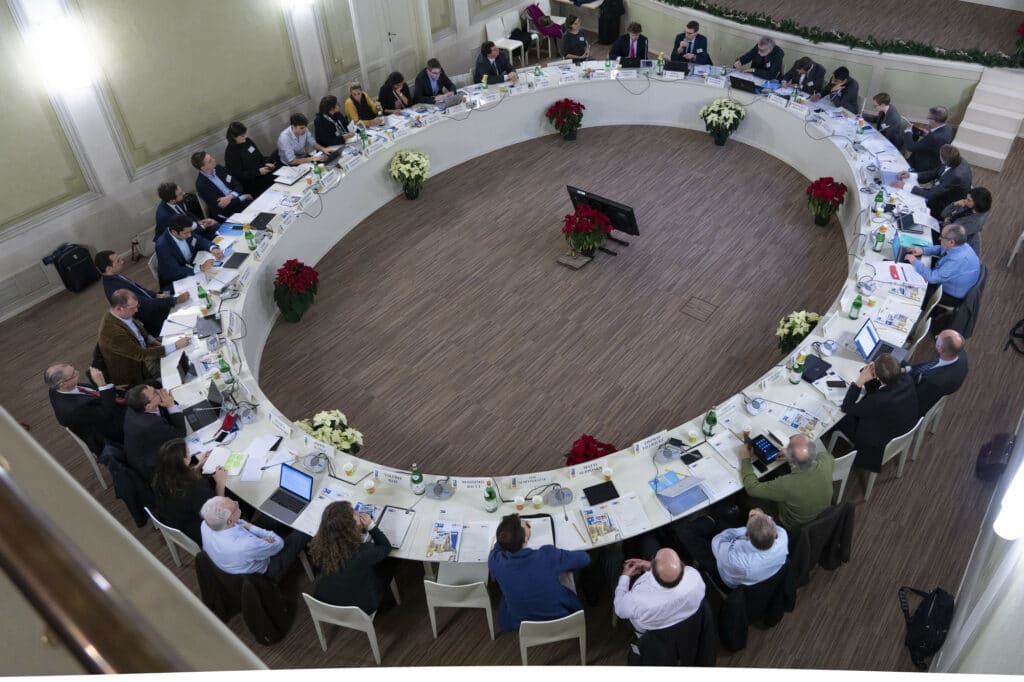On Friday 12 October 2018, the Florence School of Regulation hosted the Policy Workshop: ‘Coupling the Sectors’, directed by Alberto Pototschnig (FSR Part-time Professor). The event gathered academics, representatives of European and national institutions as well as industry practitioners from both the electricity and gas sectors. The debate focused on how, and to what extent, the two sectors could be integrated to better tackle the challenges facing the evolving energy scenario.
The workshop was structured in two main sessions. The first investigated how electricity and gas markets and systems can be coupled beyond the current level of integration. The second session focused on the potential of the integration of end-use sectors such as mobility, heating and cooling.
Consensus was reached on the need for ‘sector coupling’ between gas and electricity and for a greater integration between different sectors and activities to support the EU decarbonisation efforts and to foster energy transition. Despite the fact that some levels of integration have already been in place for some time, additional efforts are necessary to materialise new synergies and to optimise existing ones. One of the examples could be using the gas infrastructure to support the integration of higher shares of variable renewable electricity via Power-to-Gas technology.
Several challenges to sector coupling’s practical implementation were also highlighted. Existing infrastructures does not seem sufficient and the construction of new ones might be required, mainly because energy would have to flow across borders as well as within the different sectors. A higher degree of coordination in infrastructures planning would also be crucial in this respect. New technological solutions have to be implemented taking into account the growing number of cyber threats and ensuring high levels of cyber-security.
An additional challenge is the investment in innovation and the quest for new business models embracing elements of sector coupling. Investing in research and development but also in innovative technological applications is pivotal for an effective implementation of sector coupling. The full potential of solutions such as gas-to-power, hydrogen technologies and batteries is yet to be fully explored.
Strengthened political support is also needed to attract new investments in the gas sector and to foster both production and usage of renewable gas. Its relevance in the decarbonisation strategy in Europe and worldwide should be reinforced and new applications of renewable gas should be encouraged. Concurrently, markets and regulations should adapt to a greater level of coordination at national and European level. Support to power-to-gas facilities, for instance, should be preferably market driven instead of heavily regulated. Traditional energy regulation might also not be suitable nor applicable to sector coupling. The new approach should ensure a higher level of flexibility and look at other regulatory domains, as competition law or telecom, for a comparative analysis.
The workshop’s concluding discussions showed that the energy sector is now ripe for a ‘sector coupling’ between gas and electricity. Nevertheless, ‘coupling’ beyond, sometimes referred to as ‘sector integration’, seems to be very challenging at this stage. Different sectors appear to require a ‘softer’ integration than a coupling: new integration models, yet to be explored, are needed. Such conclusions opened up the possibility for a new workshop to investigate further the taxonomy and the practical implications of both sector coupling and sector integration.








